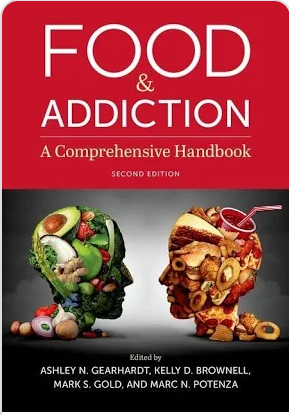No food industry is too small or too obscure to fund research in its own interest. Try this one, for example.
Effects of Supplementation with a Microalgae Extract from Phaeodactylum tricornutum Containing Fucoxanthin on Cognition and Markers of Health in Older Individuals with Perceptions of Cognitive Decline. Yoo C, Maury J, Gonzalez DE, Ko J, Xing D, Jenkins V, Dickerson B, Leonard M, Estes L, Johnson S, et al. Nutrients. 2024; 16(17):2999. https://doi.org/10.3390/nu16172999
Background: Phaeodactylum tricornutum (PT) is a microalgae extract that contains fucoxanthin and has been shown to enhance cognitive function in younger populations.
Purpose: The present study assessed if PT supplementation affects cognition in healthy, young-old, physically active adults with self-perceptions of cognitive and memory decline.
Methods: Forty-three males and females…with perceptions of cognitive and memory decline completed the double-blind, randomized, parallel-arm, placebo-controlled intervention clinical trial. Participants were…randomly allocated to their respective 12-week supplementation interventions, which were either the placebo (PL) or 1100 mg/day of PT containing 8.8 mg of fucoxanthin (FX).
Results: FX supplementation significantly affected (p < 0.05) or exhibited tendencies toward significance (p > 0.05 to p < 0.10 with effect sizes ranging from medium to large) for word recall, picture recognition reaction time, Stroop color–word test, choice reaction time, and digit vigilance test variables.
Conclusions: The results demonstrate some evidence that FX supplementation can improve working and secondary memory, vigilance, attention, accuracy, and executive function.
Funding: Microphyt (Baillargues, FRA) funded this study through a grant (Microphyt #410991) to Texas A&M University.
Conflicts of interest: J.M. and R.P. are sponsor-affiliated researchers who therefore have conflicts of interest in study results. They provided input on study design but were not involved in data collection or analysis. R.B.K. has conducted grant and contract-funded research on nutritional supplements awarded to the universities he has been affiliated with, received an honorarium for making scientific presentations, and served as a paid scientific expert. He has no financial conflicts of interest with the study sponsor or product evaluated in this study. The remaining coauthors report no financial conflicts of interest.
Comment: I like “some evidence.” That suggests the evidence is not particularly impressive. The study found positive conclusions, not surprising since two of the authors work for the sponsoring company. Industry-funded studies almost invariably find conclusions that favor the sponsor’s interests. Otherwise, why bother to sponsor research. That’s its point: marketing.


